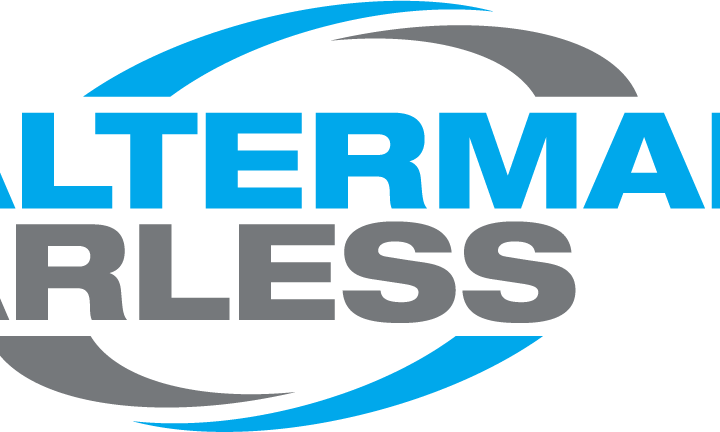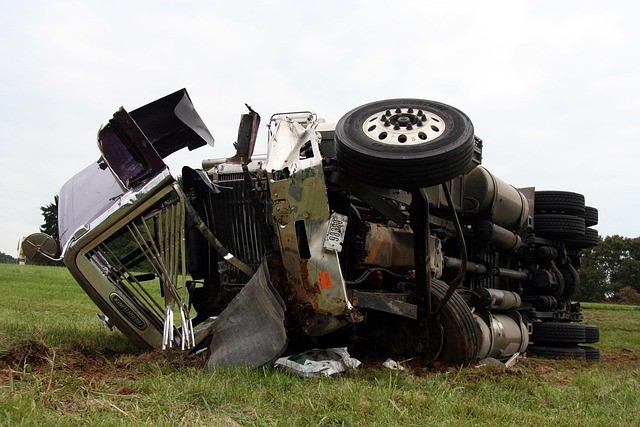
For Hobart, Indiana-based Aristo® Intelligent Catalyst Technology, making breakthroughs in material science and processes to help improve its catalysts is always the main focus of the company. Aristo is well known for its advanced manufacturing system which couples MISO™, a precision catalyst coating process with proprietary BON-XTM technology to deliver highly engineered ‘intelligent catalyst’ products. Aristo’s latest technologies are mainly aimed at the OEM market – specifically for gasoline and diesel automotive applications, as well as OEM standby generator manufacturers.
The company prides itself on using the latest materials, best manufacturing practices and cutting-edge technologies. Our expertise lies in developing and providing cost-effective catalyst solutions that meet or exceed customer expectations. The MISO™ process provides the most sophisticated product quality control in the industry. Aristo is focused and ready for further expansion into the automotive and diesel OEM markets by providing precision coating control that effectively manages precious metal loadings on a piece-by-piece basis,” says the company.
“With our INTELLIGENT CATALYST™ manufacturing process, each unit has been checked against rigorous specifications and allows us to provide complete details on each unit produced. Each INTELLIGENT CATALYST™ undergoes a battery of automated, rigorous tests for quality assurance and are lasered with a 2 -D data matrix bar code. The individual coding of each INTELLIGENT CATALYST™ provides complete process traceability, raw material traceability and precious metal accountability for that particular unit which can be followed from inception to reclamation.
We can trace each units “DNA” so to speak, allowing our customers to be 100% confident that a superior product has been shipped to their specification. These advances, combined with the fact that Aristo® has been manufacturing products successfully for well over two decades while meeting 100% of the ship dates, gives me confidence that the future has never been brighter,” says Doug Kowalski, Technology Director at Aristo® Intelligent Catalyst Technology.
As precious metal prices remain extremely volatile, the need for advanced science in washcoat designs to enable more efficient use of precious metals has never been more important. Aristo continues to fulfill these needs by utilizing advanced materials, inventive washcoat formulations and precision coating processes.
“Growth and expansion of research and development activities has remained at the forefront of Aristo since its inception. A growing team of scientists, chemists, and engineers work together to develop advanced catalyst products in the marketplace. Forging strong relationships with the industry’s finest materials suppliers, Aristo rapidly incorporates cutting- edge material developments in product designs. In-house aging and testing provide relevant catalyst performance screening specific to our customer requirements. This allows judicious selection of optimal washcoat formulations and when combined with Aristo’s MISO™ process provides the best possible product solutions for our customers,” says the company.
The intensive research and development activities are being supported with the use of Aristo’s synthetic gas reactor. This reactor system is capable of simulating various exhaust conditions from different engines to determine how well a catalyst is performing; when it is new and when it has been thermally aged equivalent to various road miles. “We can hydrothermally age catalyst samples to mimic up to 100,000 road miles in less than 24 hours,” says Tim Blejski, one of the facilities reactor technicians. “Our research scientists rely on rapid screening tools to quickly evaluate new technologies. With the use of modeling programs developed to support catalyst development, we are really riding the cusp of cutting edge technology,” says Blejski.
Aristo’s MISO™ process offers one of the most sophisticated product quality control systems in the industry. The Process Coating Technology minimizes part handling through automation and robotics, leading to the most consistent and predictable loadings, according to the company. It says that the net result of its investment in these advanced technologies is the ‘highest quality coatings and defect-free finished products available in the world today, with precious metal costs kept at an absolute minimum’. Aristo’s formulation and manufacturing processes enable the coating of ceramic or metallic honeycomb substrates at various cell densities (low or high) and wall thicknesses (standard, thin, or ultra-thin) and diesel particulate filter (DPF) substrates of silicon carbide, ceramic, or metallic in different forms (deep-bed foam or wall-flow).
“Aristo’s processes were a collaboration of efforts involving product scientists, process engineers, industry experts and the desire to excel as a catalyst coatings company. With core competencies in research and development, and through intensive processing studies and catalytic performance assessments, the team at Aristo was able to overcome many obstacles in the pursuit of designing and building the next generation catalytic technologies and catalyst manufacturing system. By combining steps to improve efficiency, adding unique and permanent serial numbers to improve product traceability and with marked improvements in product cosmetic values, the efforts paid off – all done while taking precious metal accountability to the next level,” said Kowalski in an earlier interview to AI.
Automotive Industries caught up again with Doug Kowalski, Technology Director at Aristo® Intelligent Catalyst Tehnologies.
AI: What are some of the recent advances in automotive catalysts and catalytic systems?
Recent advancements in science and technology have been acquired by further developing catalytic performance testing capabilities at Aristo. With our understanding of market and technical requirements, Aristo is able to rapidly develop and deploy emerging technologies and provide those technologies for customer verifications. A main focus has been to create products that work sooner by evaluating light-off characteristics under varied conditions while maintaining thermal stability for longer useful life of the product. With the use of the synthetic gas reactor in the R&D center, Aristo’s scientists explore the best means of improving catalyst performance on an application specific basis. With catalyst systems becoming more complex, is has been necessary to modify our reactor testing capabilities to more closely mimic, for example, the inlet gas characteristics going into the DPF based on upstream performance of a DOC. This advancement in testing capabilities is a key enabler to improving our catalysts and catalyst systems.
AI: What are some of the latest emission control technologies your company has been working on?
Some of the most recently developed catalysts are used in portable and emergency standby power systems which do not run on traditional gasoline or diesel fuels. Use of natural gas, LPG and even synthetic gases require unique emissions solutions. By using the in-house synthetic gas reactor system Aristo is able to develop emissions control solutions to meet the customer requirements and can demonstrate performance on a smaller scale, prior to significance investment in the installation of the emissions system.
AI: What are some of the new equipment, capabilities and R&D Aristo has incorporated?
The most exciting addition to R&D has been the substantial upgrade to the gas reactor system. Without the added capabilities, not only would some products never materialize, the development cycle time of any products would not be as quick as it is today. In addition to lab test reactor, we have been very busy with some new process
 equipment that will be launched this summer. It is a significant investment 
related to our growth in the development of full catalytic systems.
AI: Tell us a little about the role rising material costs have played in making Aristo’s washcoat technologies so critical to the catalyst technologies market.
Material costs drive our research and development scientists’ efforts to always look for lower cost alternatives without sacrifice to quality, performance or unnecessary risk to the end users. The amount of raw materials required to produce our products is not the only important feature. Success also lies in managing the entire value chain from just in time deliveries to inventory management to prudent process technologies that absolutely minimize scrap. Our MISO TM process can end a run with only a few gallons of materials left over. The “process tails” as we call them, are quickly reintroduced into the manufacturing process. In addition to superior material utilization, Aristo also offers precise loading control to keep usage amounts in check on a part by part basis.
AI: What kind of role do the scientists and engineers working in Aristo play in keeping the company at the forefront of catalyst technologies?
They ARE the role, it’s what is expected. It’s critical to be further ahead than just up-to-date with technology. Being up-to-date actually means we’re behind. Other than reading publications related to our business and staying involved with associations such as SAE and MECA, intensive efforts in R&D and reacting to the needs of our customers is where we spend time and effort. If we were not out there listening to what our customers want and need or by not staying up-to-date with regulatory requirements, the staff at Aristo would not have been able to take us to the level we are today.
AI: What in your opinion is the next big challenge for catalyst technologies? And how will Aristo meet these new challenges?
A challenge for us is continued improvements to our diesel technologies which clearly must be system based instead of component based. The area of diesel SCR for NOx control does present some technical challenges, especially with the variations seen between the strategies of different engine manufacturers. We are also working on Lean-NOx technologies and more advanced ways to utilize DPFs. The market is really opening up for Aristo to be very successful in these areas in the next few years.
















More Stories
PPG’s total system solution for EV battery packs: Enhancing safety, efficiency and sustainability
Arkema introduces materials portfolio for the next generation of semi-solid batteries
Dürr and GROB concept battery factory uses 50% less production space